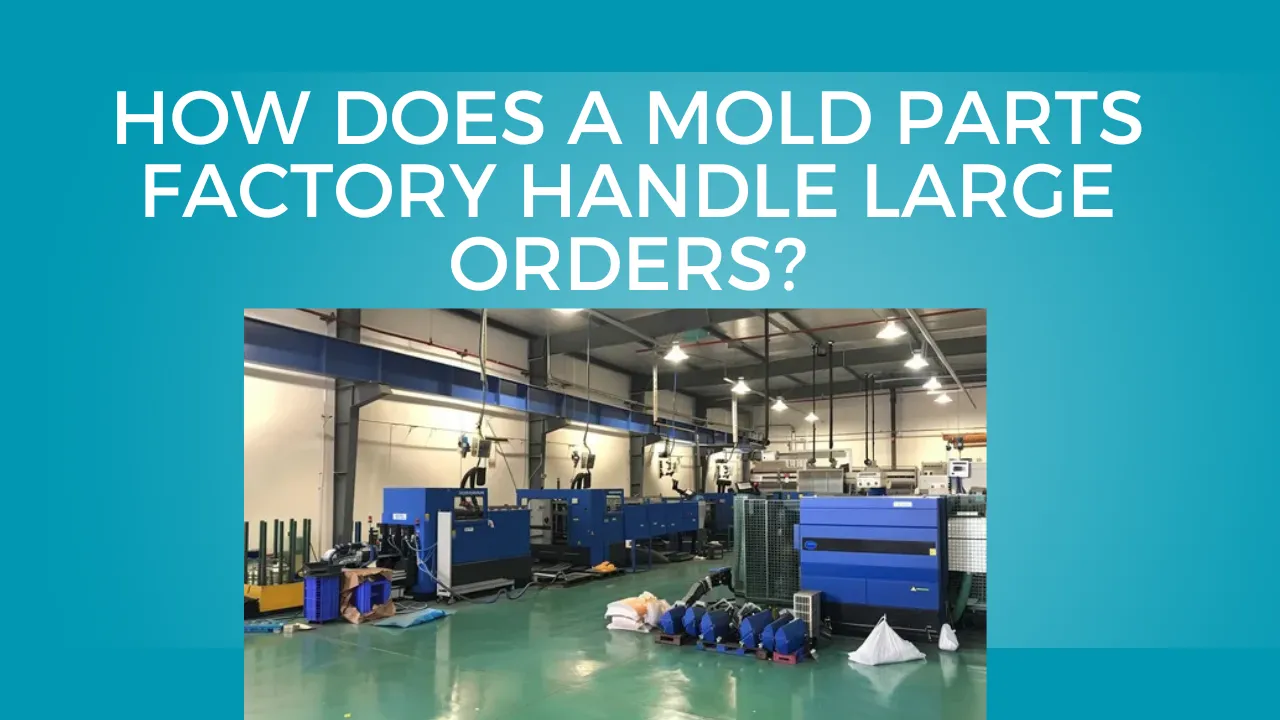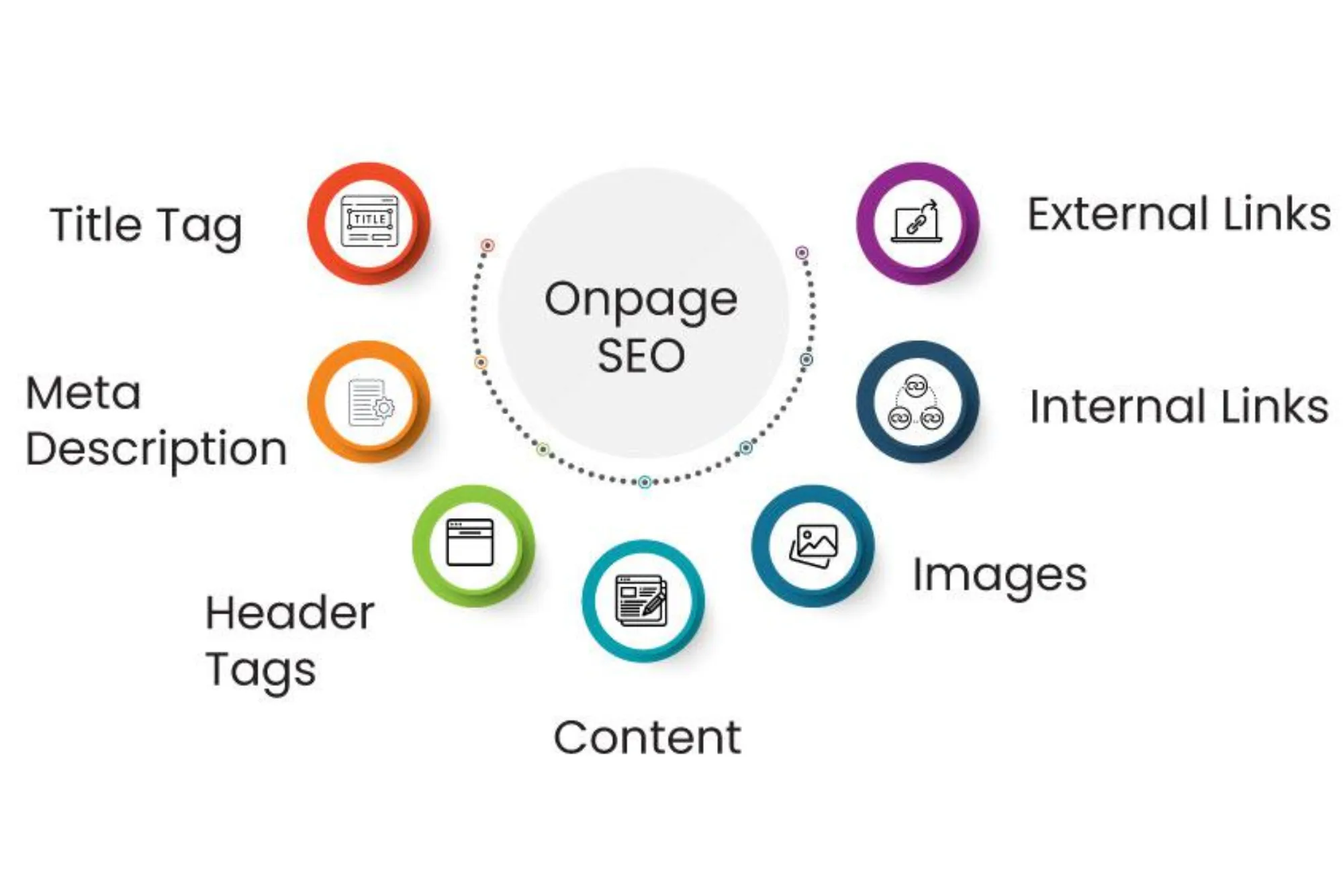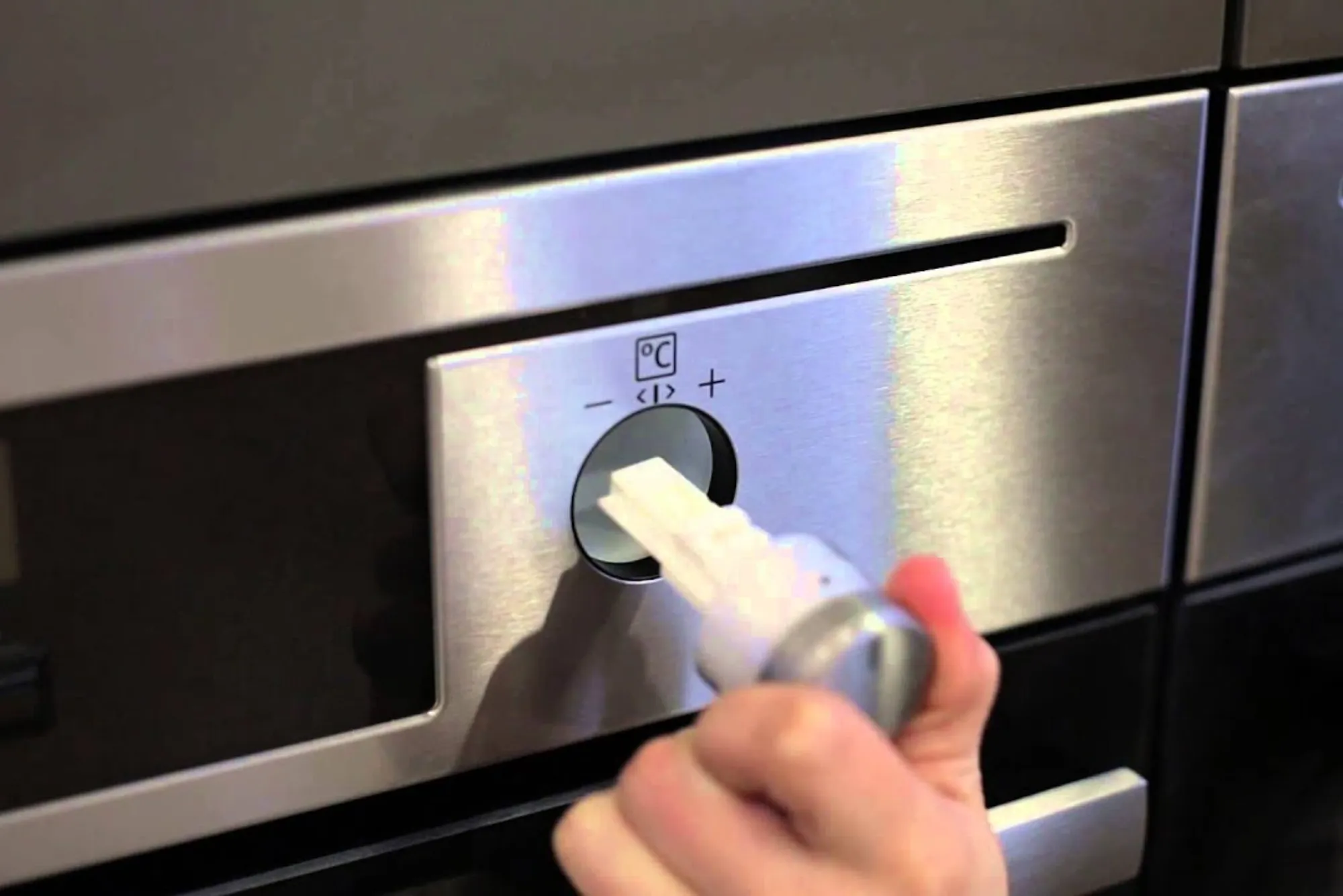For businesses that rely on plastic components, understanding how a mold parts factory manages large orders is crucial. Producing thousands—or even millions—of high-quality parts requires more than just a big factory floor. It involves careful planning, advanced technology, efficient workflows, and a reliable plastic mold parts manufacturer. From my experience working with various injection mold parts factories, the difference between average and exceptional suppliers often comes down to how they handle large-scale production.
Planning and Capacity Assessment
The first step in managing large orders is thorough planning. A factory must assess its production capacity, machine availability, and workforce capabilities before committing to a large project. This includes evaluating the size and complexity of the molds, the type of plastic to be used, and the expected production timeline.
A professional injection mold parts factory works closely with clients to establish realistic schedules and milestones. This planning ensures that both the factory and the client have clear expectations and that the production process runs smoothly from start to finish.
Advanced Production Technology
Modern mold parts factories rely on advanced machinery to handle large orders efficiently. CNC machines, Electrical Discharge Machining (EDM), and high-precision injection molding equipment enable factories to produce molds and parts with consistent quality, even at high volumes.
Robotic automation is also commonly used for tasks such as part removal, assembly, and packaging. This reduces human error, improves speed, and ensures uniformity across thousands of parts. A plastic mold parts manufacturer with state-of-the-art technology can scale production without compromising quality.
Workflow Optimization and Scheduling
Handling large orders requires meticulous workflow management. Factories often organize production into multiple stages, including mold preparation, trial runs, mass production, and quality inspection. Scheduling these stages efficiently is essential to avoid bottlenecks.
Some injection mold parts factories use digital tracking systems to monitor each stage of production in real time. This enables them to quickly identify delays or issues and adjust schedules accordingly. For clients, this means predictable delivery timelines and a smoother overall process.
Quality Control at Scale
Maintaining quality across large orders is one of the biggest challenges for any factory. Top-tier plastic mold parts manufacturers implement rigorous quality control procedures at multiple stages of production.
Coordinate Measuring Machines (CMM), automated optical inspection systems, and sample testing ensure that every batch meets specifications. For complex projects, factories may perform periodic audits throughout the production cycle to detect and correct any deviations before they affect large quantities of parts.
Material Management and Inventory
Large orders require careful management of materials. A reliable mold parts factory ensures a steady supply of raw materials, including engineering plastics and specialized resins. Bulk purchasing can reduce costs, but it also requires proper storage and handling to maintain material integrity.
Factories that handle large orders successfully have robust inventory systems, allowing them to track material usage, avoid shortages, and plan for contingencies. This proactive approach minimizes delays and ensures consistent production quality.
Communication and Project Management
Managing large orders requires clear communication between the factory and the client. Regular updates, progress reports, and prompt responses to inquiries are essential to maintaining trust and alignment.
A professional plastic mold parts manufacturer assigns dedicated project managers for large orders, ensuring that every detail—from mold specifications to delivery schedules—is carefully monitored. This level of attention reduces the risk of errors and ensures that client expectations are met.
Logistics and Delivery
Once production is complete, handling large shipments requires careful logistics planning. Factories coordinate packaging, transport, and customs (if applicable) to ensure parts arrive safely and on time.
For high-volume projects, some injection mold parts factories even offer assembly and secondary processing services, delivering fully finished components ready for integration into final products. This end-to-end approach simplifies supply chain management for clients.
Scaling Without Compromising Quality
The most reliable factories are those that can scale production while maintaining consistent quality. This involves combining advanced technology, skilled personnel, and robust processes to ensure that each part meets specifications.
From my experience, factories that excel in handling large orders often have a culture of continuous improvement. They regularly upgrade equipment, train staff, and refine workflows to meet increasing client demands without sacrificing precision or reliability.
Final Thoughts
Handling large orders in a mold parts factory is a complex process that requires planning, technology, workflow optimization, quality control, material management, and strong communication. A top-tier injection mold parts factory or plastic mold parts manufacturer leverages these elements to deliver high-quality parts efficiently and reliably.
For businesses producing consumer electronics, automotive components, or industrial products, understanding how a factory manages large orders can make the difference between a smooth production run and costly delays. Partnering with a reliable supplier ensures that even the most ambitious projects are completed on time, with consistent quality, and at an optimal cost.










